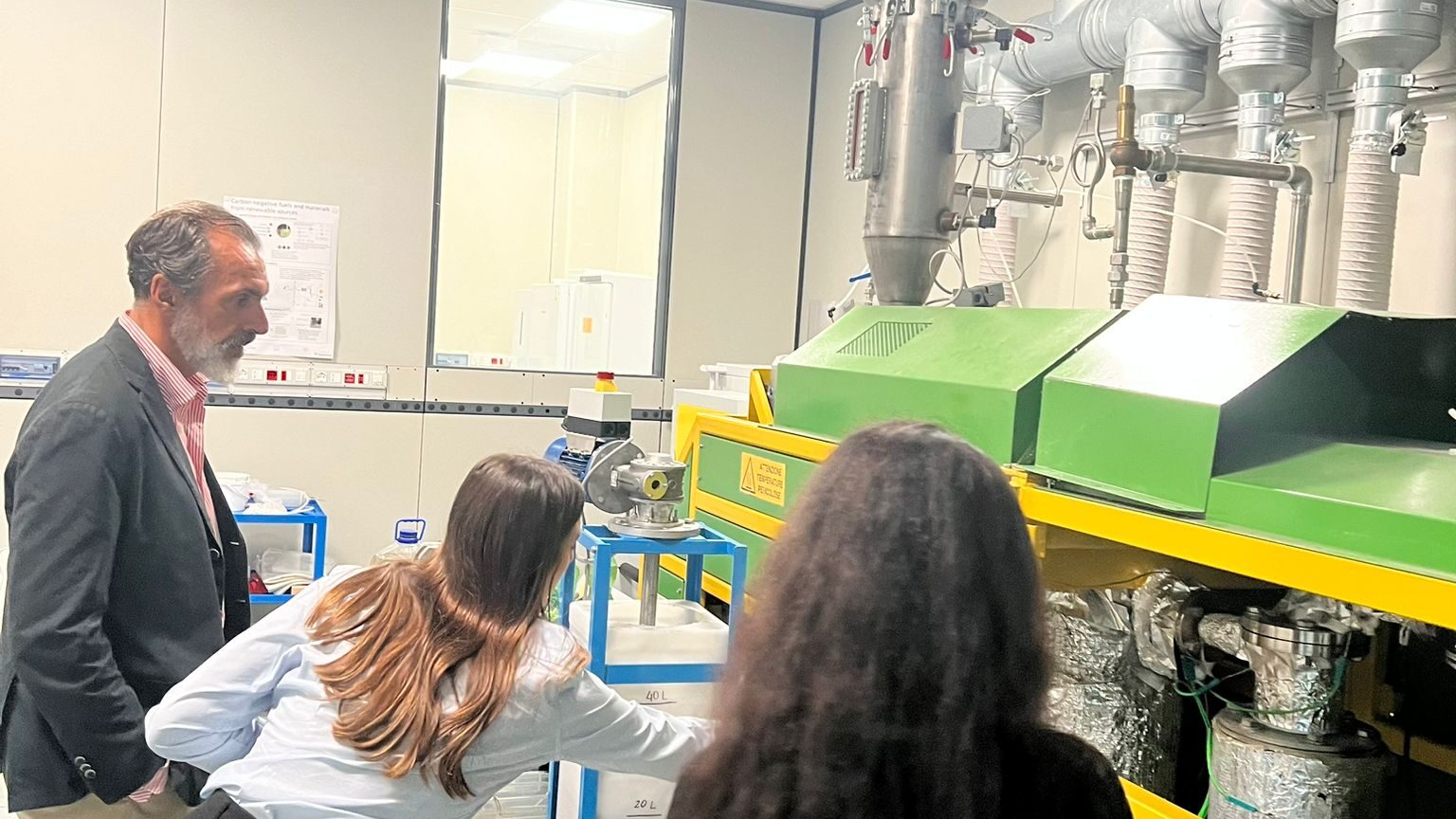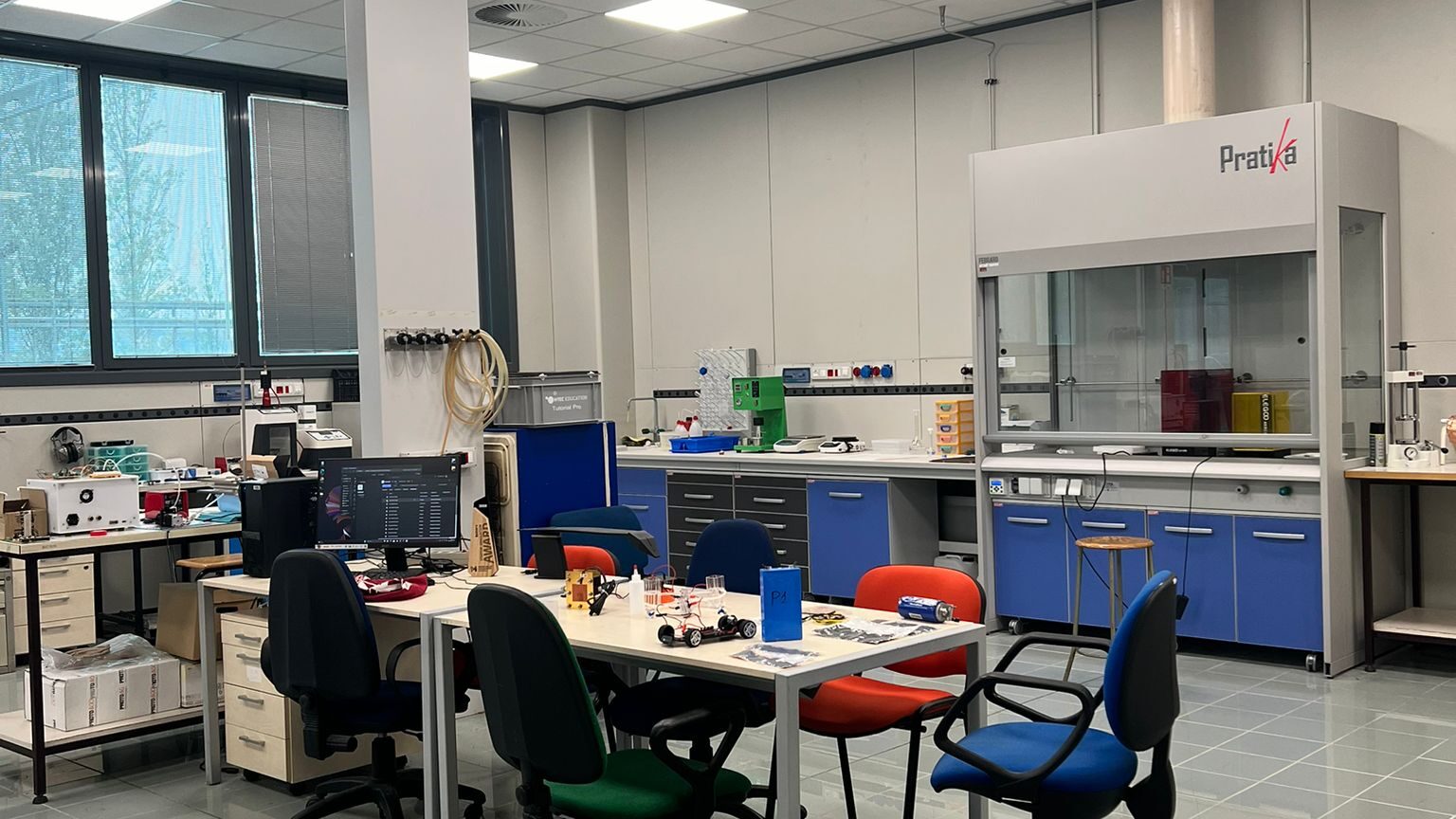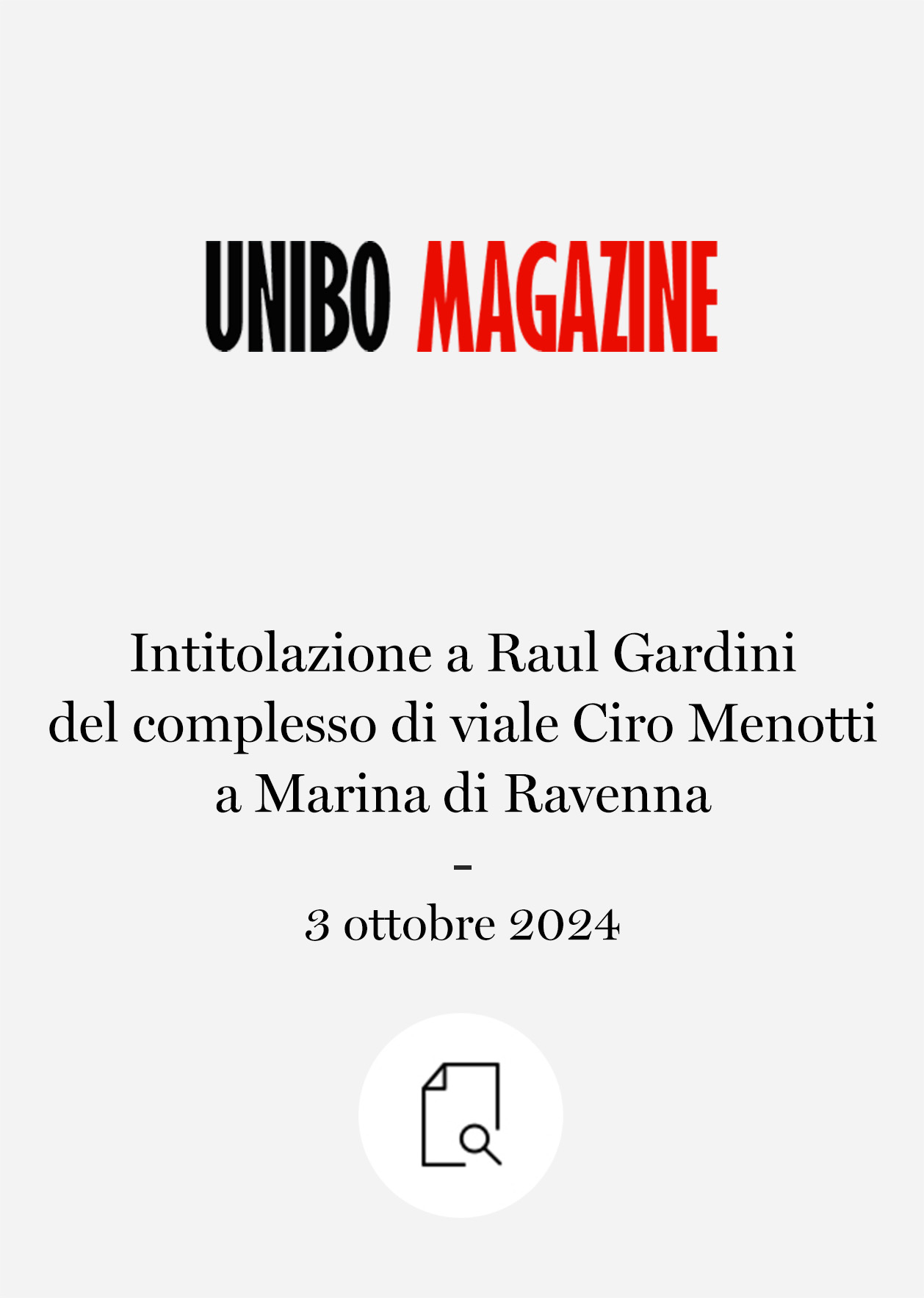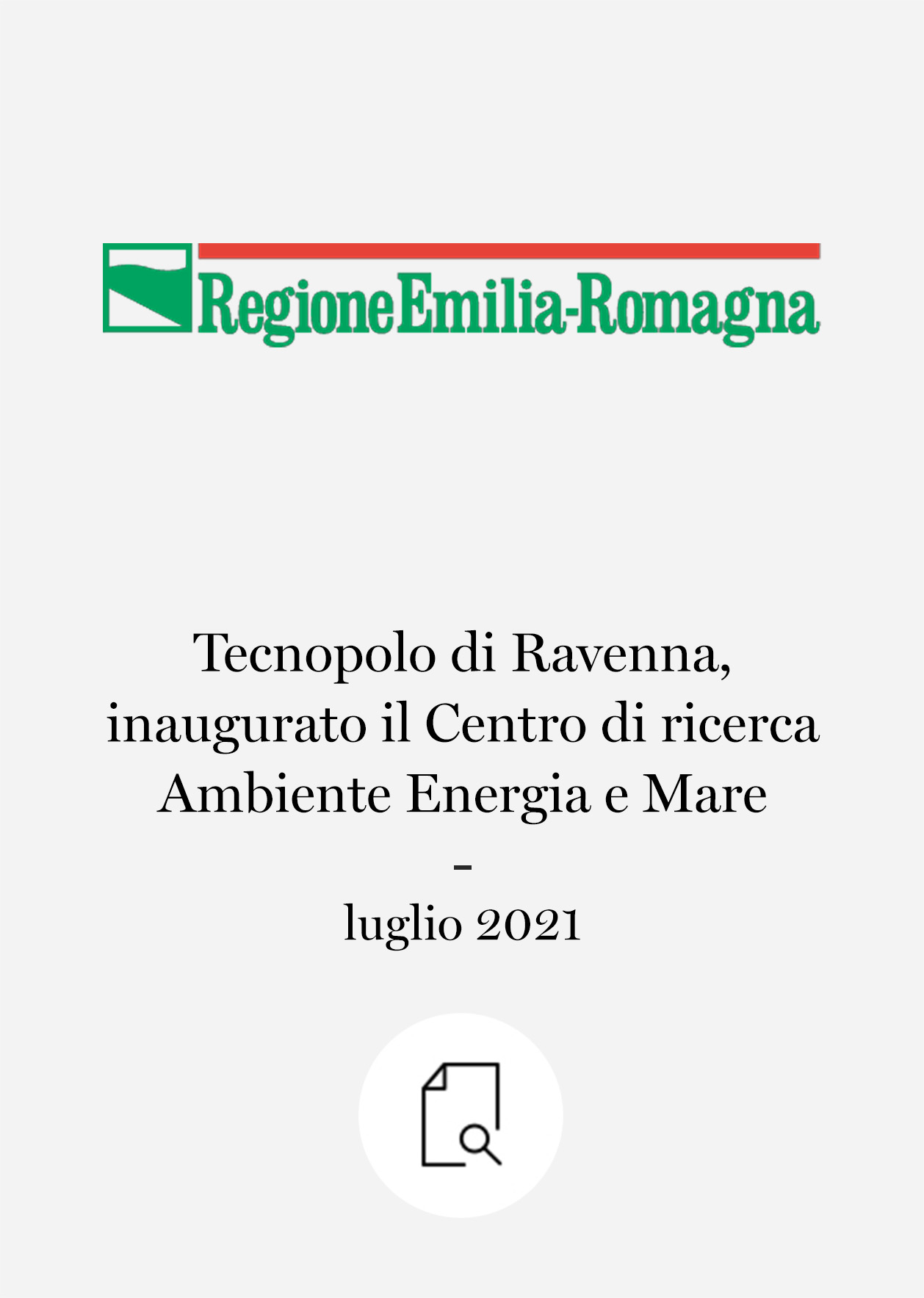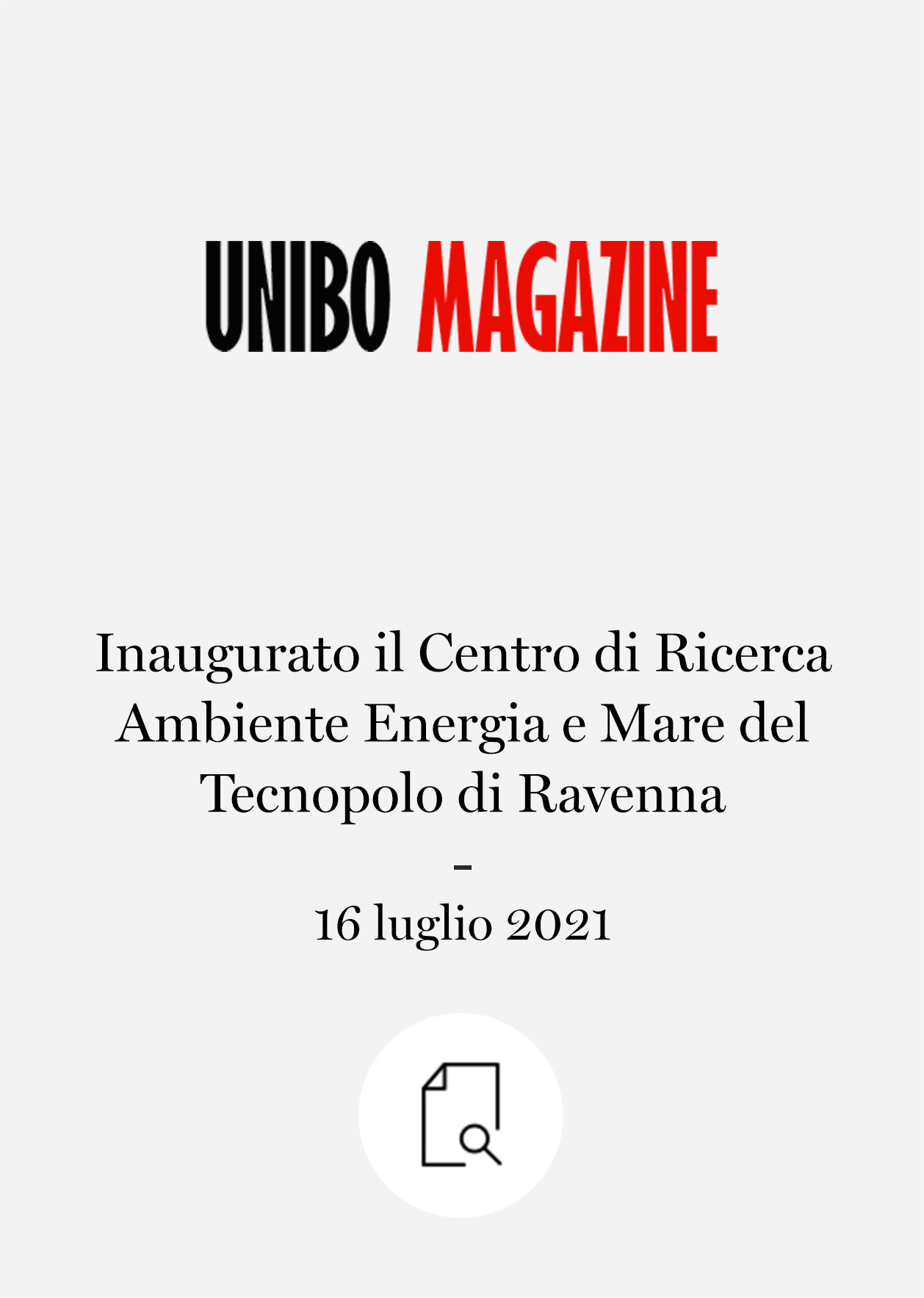On Thursday, October 3, 2024, the complex located at Viale Ciro Menotti 48 in Marina di Ravenna was named after Raul Gardini, entrepreneur and pioneer of the bioeconomy. It currently hosts the Center for Environmental Research, Energy, and Sea, one of the locations of the Ravenna Technopole and an extension of the Interdepartmental Center for Industrial Research on Renewable Energy Sources, Environment, Sea, and Energy (Ciri Frame) of the University of Bologna.
Raul Gardini’s ambition was to create a hub for environmental research that could drive the industrial development of the country. Today, three decades later, the dream of the Ravenna entrepreneur, who had envisioned a sustainable energy future with the Ferruzzi group, continues to thrive in these spaces, which remain a reference point for scientific research. Naming the complex after him is a recognition of his visionary and far-sighted intuition, bridging the present and the past.
Today, a scientific hub is being developed in the area where Gardini founded the Montecatini Environmental Research Center in 1993. This hub aims to become a leader in waste-to-energy solutions, marine technologies, blue economy activities, and energy transition on an international level. It houses laboratories, research groups, startups, and offices focused on innovation and regional development. Specifically, the Marina di Ravenna complex currently hosts the Center for Environmental Research, Energy, and Sea (CRAEM), including the FIP-WE@UNIBO, ENERCUBE, and HC_Hub_ER laboratories, the SafetySensors laboratory, and the Ravenna InnovationLAB incubator and coworking space.
CENTER FOR ENVIRONMENTAL RESEARCH, ENERGY, AND SEA (CRAEM)
The CRAEM is part of the Ravenna Technopole and the High Technology Network of Emilia-Romagna. It offers expertise and services in industrial research on technologies for the environment, energy, and blue growth. It hosts:
– FIP_WE@UNIBO: A joint Italian-German laboratory focused on sustainable energy and waste management. It concentrates on developing carbon-rich materials that are cost-effective and environmentally friendly for industrial applications. It also aims to facilitate and accelerate the commercialization of research and the adoption of waste management technologies within the circular economy and green energy frameworks;
– EnerCube Laboratory: This laboratory focuses on upscaling production and recycling processes for components and cells of electrochemical energy storage and conversion systems. It is the first regional and national platform for the production of environmentally friendly Li-ion batteries and next-generation systems, as well as emerging electrochemical technologies such as supercapacitors, redox flow batteries, and fuel cells. The laboratory emphasizes the valorization of non-critical materials for the European Union, reducing production waste, and enhancing the recyclability of devices;
– HC-Hub-ER: This laboratory, titled “Hydrogen and Carbon use through Energy from Renewables,” is dedicated to the sustainable and safe production and use of hydrogen, as well as the capture, utilization, and storage of negative CO2.
SAFETYSENSORS LABORATORY
The SafetySensors laboratory, as part of SSAILL (Safety, Sensors, and Automation for Innovation in Logistics and Work), focuses on research related to sensor technology applied to health and safety in the workplace. The sensors developed are integrated into textile materials, starting from a polymer solution that is appropriately thickened and mixed with additives.
RAVENNA INNOVATIONLAB INCUBATOR AND COWORKING SPACE
The Ravenna InnovationLAB incubator supports the development of technological and innovative enterprises in sectors such as circular and bioeconomy, blue growth, energy sustainability, green energy, environmental sustainability, decarbonization, and green chemistry. The incubator space also includes a coworking area accessible to businesses, freelancers, and other entities operating in these sectors.
The research center remained unused until July 16, 2021, when it was inaugurated after being purchased by the Municipality of Ravenna. The facility was renovated and partially granted in free use to the University of Bologna and the Flaminia Foundation, which manages the Ravenna Technopole, with the aim of promoting its development and fostering synergy with local businesses.












